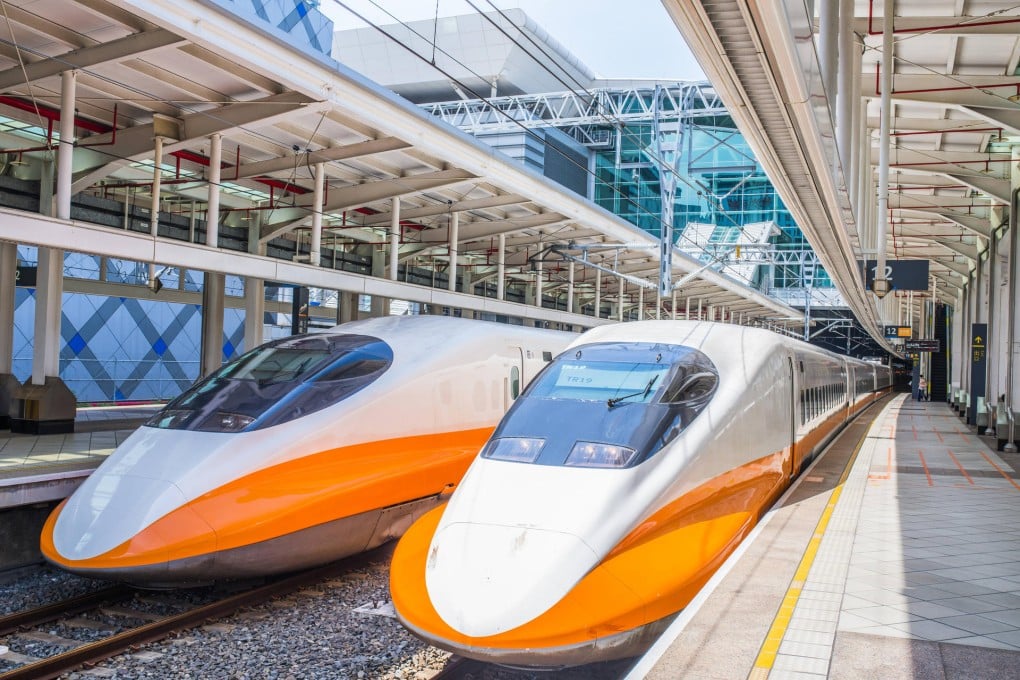Fast links to mainland speed growth of central Taiwan's hub city
Closer economic ties have helped central Taiwan's biggest city grow at 9pc a year, fuelling a construction boom and sprawling transport systems

The economy of central Taiwan's biggest city, Taichung, is growing about 9 per cent a year on three legs: closer links with the mainland, new transport systems to strengthen those links, and a massive speculative construction boom.
The city has seen its investors return from the mainland because they can now cross the Taiwan Strait more easily, with the airport offering 30-minute check-ins for 70-minute flights to the other side. A ring road that opened earlier this year helps smooth trips to the airport and a fast lane for public buses due to open on July 1 should improve things further. Sea cargo can reach the other side in 3-1/2 hours.
Now foreign investors inspired by mainland-Taiwan trade liberalisation and fast logistics want to spend a combined NT$100 billion (HK$25.8 billion) on plants that will assemble cars in Taichung for shipment to the mainland, Mayor Jason Hu Chi-chiang said in an interview. "With good transportation you have good prosperity," said Hu. "Taichung is a very complete city."
Investors come from [all over] Taiwan to speculate on land prices rising
Taichung is a case study of what the Taiwanese government wants from its sometimes controversial engagement with the US$9.4 trillion mainland economy. Beijing has claimed sovereignty over the self-ruled island since the 1940s, but in 2008 Taiwanese President Ma Ying-jeou set aside that dispute to pursue deals that would boost the island's economy. Some Taiwanese fear Beijing aims to use the new trade deals to seize political control.
Two-way agreements have covered the start of regular direct flights and a trade liberalisation framework deal in 2010. Related pacts aimed at liberalising trade in goods and services face opposition from some Taiwanese but are expected to pass eventually. "In the next few years [the service trade agreement] will be signed [then] the goods trade agreement. That will help Taichung's economy for sure," Hu said.

Local resident Hans Tsai, 36, flies once every two months to Guangzhou to manage the family shoe factory. His father once had to live in Guangzhou to manage it but because of today's transport links the younger generation can live at home and fly back to the mainland periodically.
"Living in Guangzhou? I like it here. It's more comfortable and my family is here," Tsai said while waiting for a flight late last month. "Flights are increasingly frequent and destinations will become more numerous.